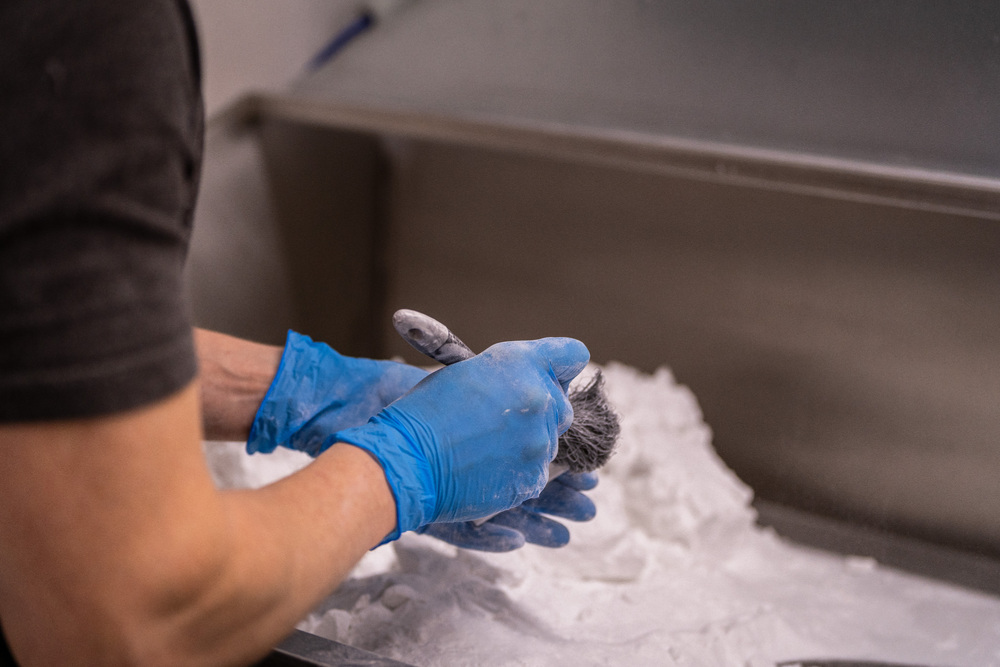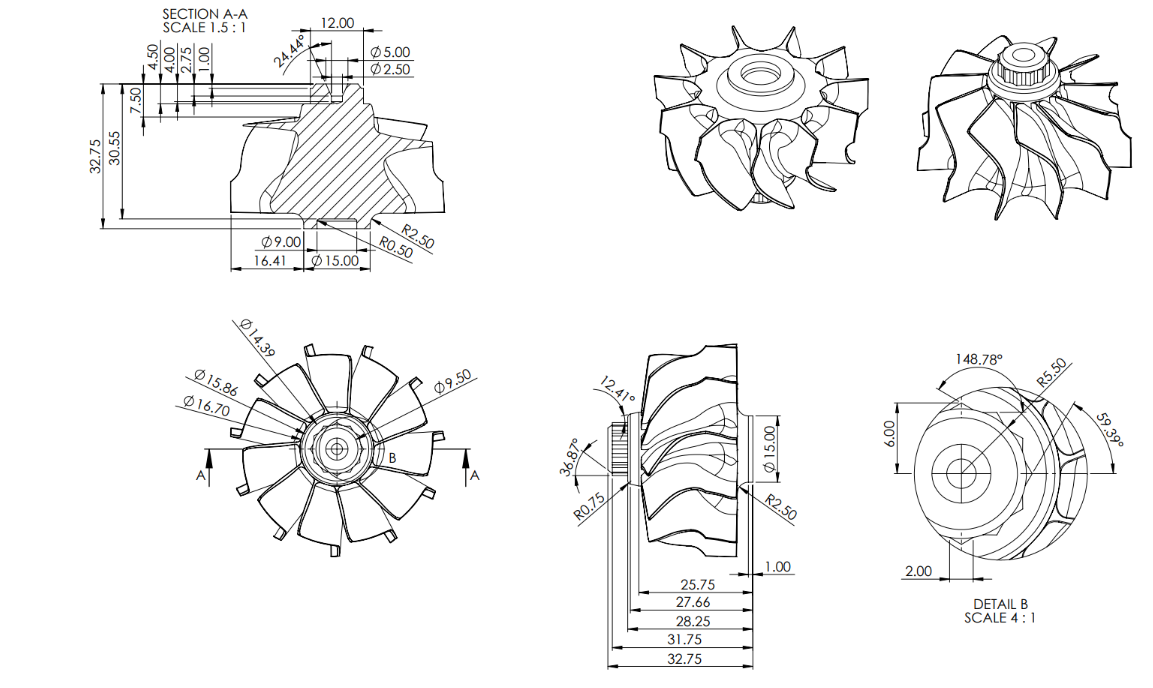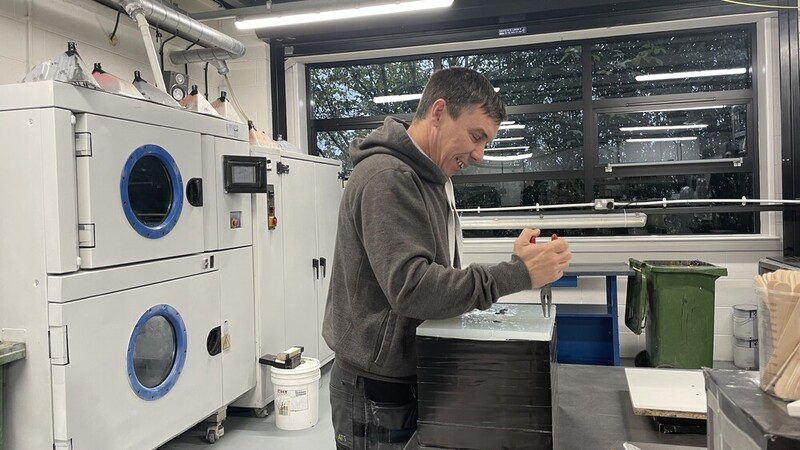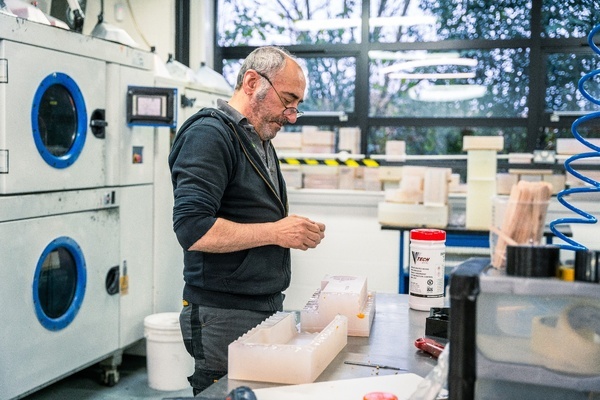In a world where speed, flexibility, and resilience are more important than ever, UK manufacturers are rethinking how they make and source parts. On-demand production — manufacturing products only when they’re needed — is rapidly gaining ground as an alternative to high-volume, stock-heavy production models.
From small engineering firms to global OEMs, this shift is being driven by a combination of supply chain disruption, sustainability goals, and the increasing capabilities of advanced manufacturing technologies like 3D printing, vacuum casting, and CNC machining.
The Drivers Behind the Shift
1. Supply Chain Disruptions
Brexit, the pandemic, and geopolitical tensions have exposed vulnerabilities in global supply chains. Delays in overseas shipments or shortages of critical components can halt production for weeks.
On-demand production reduces reliance on complex supply chains by enabling local manufacturing, cutting lead times, and improving supply certainty.
2. Cost Efficiency
Holding large inventories ties up capital, requires warehousing, and risks waste from unsold stock. On-demand production lets manufacturers produce only what’s needed, freeing up cash flow and reducing storage costs.
3. Sustainability Goals
Producing in smaller batches — or as single units — reduces waste, avoids overproduction, and helps manufacturers meet net-zero and circular economy targets. Additive manufacturing in particular produces minimal waste compared to traditional subtractive methods.
4. Faster Product Development
On-demand manufacturing supports rapid prototyping and iterative design, enabling businesses to test, refine, and launch products faster. This agility is especially valuable in fast-moving sectors like consumer products, automotive, and aerospace.
5. Technology Availability
Advanced manufacturing methods, such as industrial 3D printing and CNC machining, have become more accessible and cost-effective. Partnering with a UK-based service like AME-3D gives businesses instant access to these capabilities without investing in expensive equipment.
Real-World Examples of On-Demand in Action
-
Spare Parts for Legacy Equipment
Rather than keeping years’ worth of spare parts in storage, companies can scan and digitally store CAD files, producing a part only when it’s needed. -
Customised Low-Volume Production
Short-run batches of specialist parts for the automotive aftermarket can be produced cost-effectively with vacuum casting or 3D printing. -
Rapid Replacement in Maintenance & Repair
In sectors like public transport, broken parts can be reverse engineered and manufactured locally within days — minimising downtime.
The AME-3D Advantage in On-Demand Production
At AME-3D, we help UK manufacturers adopt on-demand strategies by offering:
-
Multi-technology capability (SLS 3D printing, SLA 3D printing, vacuum casting, CNC machining)
-
Material versatility for functional parts or prototypes
-
Digital part storage to future-proof manufacturing needs
-
Rapid turnaround times to keep production moving
Is it time to rethink your production strategy?
Contact AME-3D to explore how on-demand manufacturing can reduce costs, improve resilience, and speed up your production cycles.




